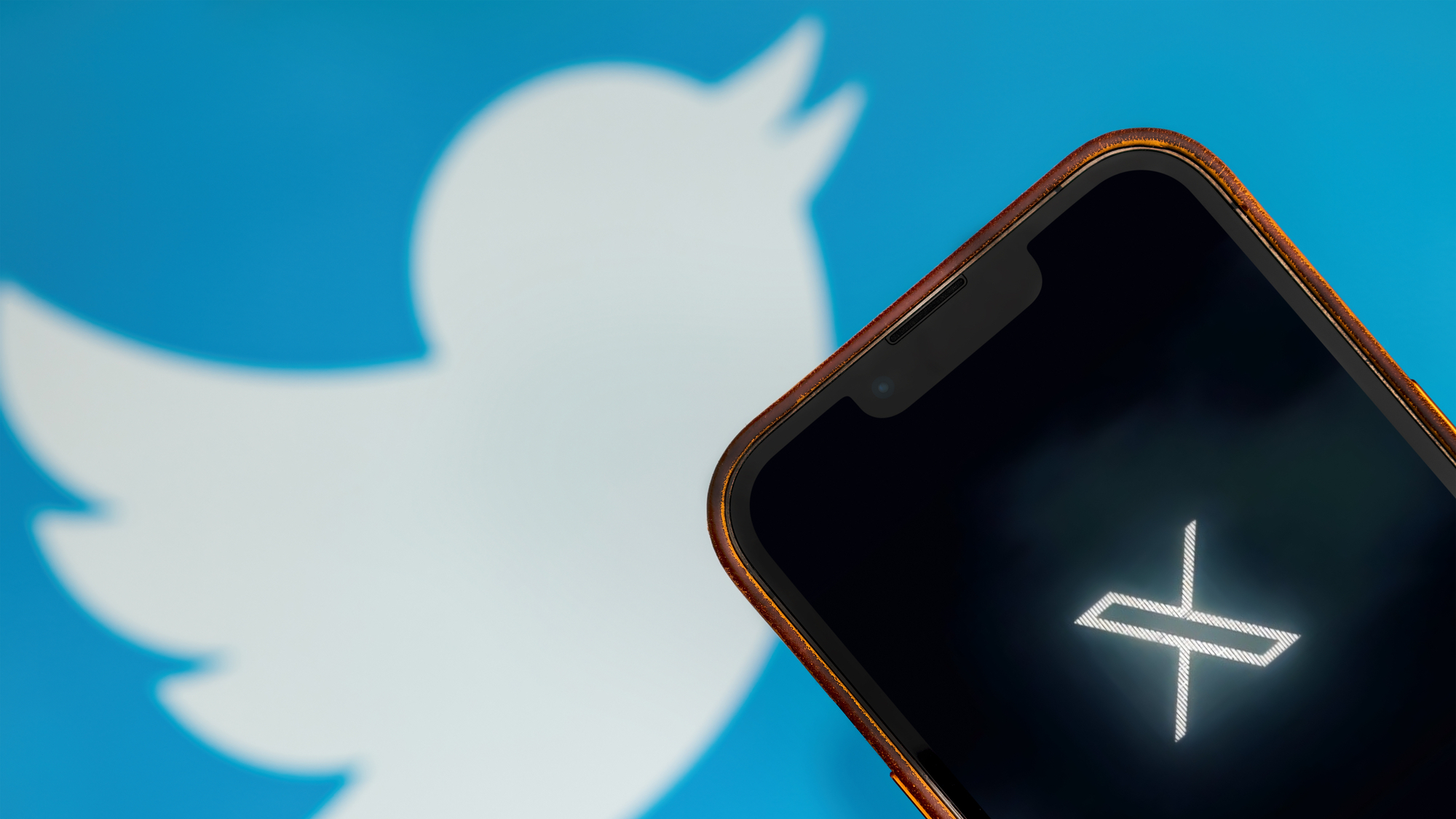

The social media platform formerly known as Twitter is facing an exodus of users (despite what its CEO may be saying). According to a major new survey from Nature published on August 16, it’s clear one demographic is taking a particularly major hit in numbers: scientists.
Out of nearly 9,200 researchers recently polled, over half reported they have decreased their usage of X over the last six months, with nearly seven percent stating they have left the site altogether. Around 46 percent have since moved onto alternative platforms including Mastodon, Threads, Bluesky, and TikTok. Conversely, less than 10 percent of those surveyed believe they are spending more time on the app.
The reasons given for their departures likely come as little surprise. According to Nature’s report, many cited Elon Musk’s “management of the platform,” while others remarked on the rise in fake accounts, trolls, and unchecked hate speech that now runs rampant across the website.
[Related: Elon Musk says Twitter will delete inactive users’ accounts.]
According to experts interviewed by Nature, such a sustained and unequivocal decline in use goes far beyond mere inconvenience. Once solid online scientific communities now face fragmentation and disorganization across multiple platforms, leaving a vacuum of reliable, verified information in their wake. This is particularly true, Nature explains, for those who are traditionally underrepresented in their fields, such as female-identifying scientists and researchers of color.
In recent years, social media platforms like Twitter have been vital to BIPOC communities for communication, organization, and information sharing. As Nature noted in the past, ecosystems like Twitter helped dramatically boost Black scientist voices while also serving as a way to improve industry accountability and fight against harassment.
“People would just go to that hashtag and they’d see everyone who was talking about a very particular interest,” recounted Inger Mewburn, an education and technology researcher at the Australian National University in Canberra. “It’s just hard to [now] know where people are hanging out.”
[Related: Twitter’s latest bad idea will kill vital research and fun bot accounts.]
Another deterrent in remaining on X is its recent content restrictions. Musk’s X tenure has included paywalling the platform’s formerly free application program interface (API) access. The decision particularly affects researchers focused on online social cultures, disaster response, and misinformation, who relied upon the API to pull extremely useful datasets for their own work.
Unfortunately, there is no clear consensus on where scientific communities go from here. The social media schisms formed within researchers continue to evolve, and as Nature notes, it may take some time before anything rivaling X’s scope emerges—if ever. One thing appears certain, however: most appear to agree remaining on X isn’t tenable.
“Twitter has always been not so nice, let’s say,” said one survey participant. “But it is a mess right now.”
